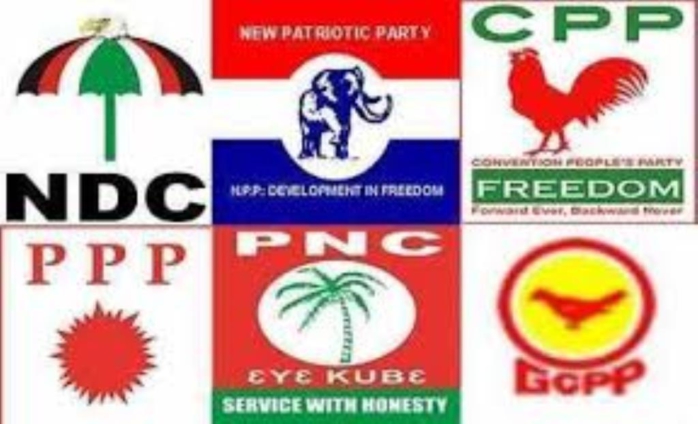A Senior Lecturer at the History and Political Science Department of the Kwame Nkrumah University of Science and Technology (KNUST) has cited poverty as the main cause of monetisation in Ghana’s politics.
Dr Kwasi Amakye-Boateng noted that the nation has been facing some level of poverty in the system which makes people resort to using money in politics.
According to him, the society would overcome this challenge in the course of the country’s political development.
“Gradually, we will get to the stage where voters could no longer be bought with money.”
Over the years, concerns had been raised by many political analysts and opinion leaders about the systematic payment of money to voters with the intention of “buying their votes”.
This trend, according to experts, was a setback to building a resilient democracy, where the people were at liberty to choose their own preferred leaders.
He also observed that there had been vast improvement regarding the manner in which money could influence voters, especially under the Fourth Republican Constitution.
Indicating that electorates are gradually becoming more conscious of their rights and responsibilities, casting their ballots based on developmental issues.
Dr Amakye-Boateng stressed the need for the country to stay focused and work seriously to improve the economy, thereby creating jobs and wealth for the people.
“When this is done it would reduce the tendency of the Ghanaian voter being influenced with money in order to sway his or her decision during elections,” he observed.
The Senior Lecturer, sharing his views on proposals by a section of the public to postpone this year’s General Election in the wake of the Covid-19 pandemic, said that decision would be “terribly imprudent”.
It would affect Ghana’s democratic dispensation,” he insisted, explaining that under the Fourth Republican Constitution, the tenure of elected leaders had been duly stipulated and which ought to be adhered to.
He was also of the view that, postponing the 2020 general elections scheduled for December, could hamper political stability.
He said, “The Covid-19 pandemic has come to stay with us, therefore, it is necessary that the preventive protocols are put in place for the safety of the people, while also not disrupting the electoral processes.”
Latest Stories
-
Gold Fields Ghana Foundation challenges graduates to maximize benefits of community apprenticeship programme
34 mins -
GBC accuses Deputy Information Minister Sylvester Tetteh of demolishing its bungalow illegally
46 mins -
Boost for education as government commissions 80 projects
57 mins -
NAPO commissions library to honour Atta-Mills’ memory
1 hour -
OmniBSIC Bank champions health and wellness with thriving community walk
1 hour -
Kora Wearables unveils Neo: The Ultimate Smartwatch for Ghana’s tech-savvy and health-conscious users
1 hour -
NDC supports Dampare’s ‘no guns at polling stations’ directive
1 hour -
Police officer interdicted after video of assault goes viral
2 hours -
KNUST’s Prof. Reginald Annan named first African recipient of World Cancer Research Fund
2 hours -
George Twum-Barimah-Adu pledges inclusive cabinet with Minority and Majority leaders
2 hours -
Labourer jailed 5 years for inflicting cutlass wounds on businessman
2 hours -
Parliament urged to fast-track passage of Road Traffic Amendment Bill
2 hours -
Mr Daniel Kofi Asante aka Electrician
2 hours -
Minerals Commission, Solidaridad unveils forum to tackle child labour in mining sector
2 hours -
Election 2024: Engagement with security services productive – NDC
3 hours

